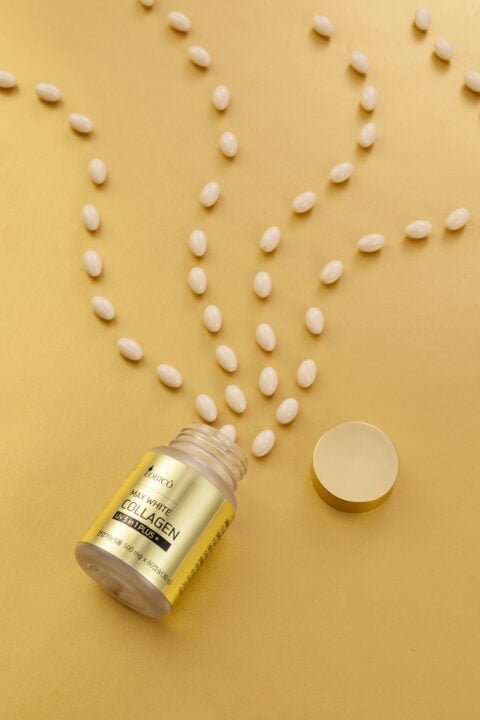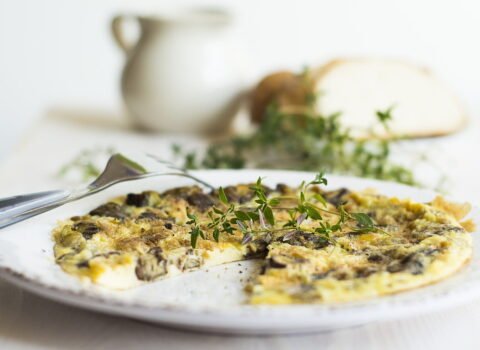Symptoms can vary from an uncomfortable flutter in the back of the throat to a crippling burning in the chest with pain radiating into the back. With such differences in the manifestation of reflux and gastro-oesophageal reflux disease (GORD), how do you know what’s happening and what exactly to do about it?
Reflux is the backflow of stomach acid, often caused by either a mechanical issue or as a response to food irritants. Tomatoes, citrus, soft drinks, coffee, chocolate, alcohol and spicy foods are all common offenders. By and large, reflux as a fleeting symptom may not be such an issue for most people. It is the recurrent experience of reflux that poses health problems. Gastro-oesophageal reflux disease (GORD) is the term used to define the chronic more severe form of reflux, as a disease state. Usually a person experiences months or years of reflux and if left unmanaged, it can cause cellular and neoplastic changes to the oesophageal tissue and is categorised as GORD. This condition can later develop into Barrett’s oesophagus and eventually oesophageal cancer as and end point disease state.
The signs and symptoms for both reflux and GORD are very similar. A sensation of heartburn is often felt – with a burning feeling rising from the stomach or lower sternum area that moves upwards. Concurrent symptoms include laryngitis, difficultly swallowing and a chronic cough. The mechanism of reflux is that hydrochloric acid a.k.a stomach acid rises from the stomach, past a valve called the lower oesophageal sphincter (LOS) and up into the oesophagus, irritating the mucosal lining and epithelium underneath. Stomach acid can reach up as high as the pharynx with the accompanying feeling of regurgitation. Other factors that contribute to reflux include eating too quickly, eating too much, chronic alcoholism, and drinking large amounts of fluids with meals. Mechanical and physical causes of reflux and GORD include LOS incompetence, delayed stomach emptying, abdominal hernias, food allergies, psychological and oxidative stress, pregnancy, obesity and smoking.
Short-term conventional (medical) treatment for reflux is usually with aluminium hydroxide antacids such as Mylanta or Gaviscon. These medicines work to neutralise or buffer hydrochloric acid in the stomach thereby raising the gastric pH, alkalising the stomach environment and relieving reflux symptoms. These are short acting treatments that aren’t usually recommended as a long-term intervention, as patients require more frequent and higher amounts over time to achieve the same symptom relief. Longer term medications include proton pump inhibitors (PPIs) such as Somac, Losec or Nexium or Histamine H2 receptor antagonists (H2RAs) such as Zantac. Both PPIs and H2RAs are indicated as a treatment for GORD and essentially block the production of hydrochloric acid from the cells in the stomach.
As a Nutritionist – this is THE LAST thing I want to see in my patients. This is because I know that if the stomach lacks hydrochloric acid, proper digestion is impaired from the very start. An acidic environment in the stomach is required to break down proteins into smaller amino acids and to cleave essential minerals from them such as Iron and B12. Added to this, the low pH from hydrochloric acid chemically signals the pancreas to deliver digestive enzymes, as food (chyme) moves into the small intestine. This in turn can signal peristaltic contractions in the lower digestive tract. Impaired digestion causes a cascade of issues not only in the digestive tract, such as SIBO, IBS and leaky gut but can lead to nutrient deficiencies affecting the nervous system and immune system among others.
With respect to the above mentioned medicines, the main aim of treating GORD from a conventional perspective is to prevent oesophageal and stomach cancer. This is very valid in principle, an intervention that prevents any kind of cancer development should always be considered. But are these medications the only way to achieve this? Do they actually treat the cause of your reflux? Remembering that reflux is a symptom, and working out what’s causing it should really be the goal for treatment.
If you suffer from recurring reflux, by now you may be thinking, ‘I want to be free of these symptoms but I don’t want to reduce my digestive capacity and risk developing other and more serious issues down the track.’ The primary goal is to calm reflux symptoms and soothe the oesophagus and stomach lining, while ensuring the stomach acid and digestion remains optimal.
Nutritional medicine aims to not only relieve GORD symptoms, but also promote oesophageal healing and eliminate or at least ameliorate the dietary and lifestyle factors that are causing these symptoms in the first place. Many natural approaches can be introduced alongside the use of PPI and H2RA therapies. Slippery elm powder and aloe vera juice are natural demulcents (substance that soothe mucous membranes). Glutamine and zinc are nutrients which repair the gastric lining and promote tissue healing. Enzymes found in kiwi, papaya and pineapple all help break down proteins and can be included to assist digestion, once the reflux has been directly addressed.
The ever-favourite apple cider vinegar mimics the stomach’s natural acidity and when taken before meals can help the digestion process as well. This can be taken in warm water to make it gentler for those with severe reflux symptoms.
It is important for reflux sufferers to understand the symptoms, causes and aggravating factors, ideally before it progresses into GORD and any associated health complications. Addressing potential triggers, arming yourself with information and seeking the therapy that’s right for you will ensure your digestion and broader health continues to function optimally.






